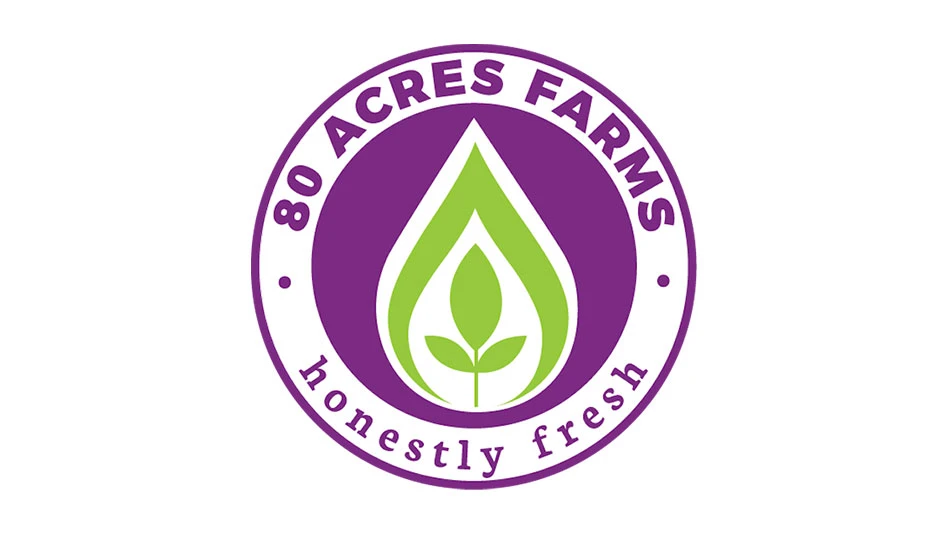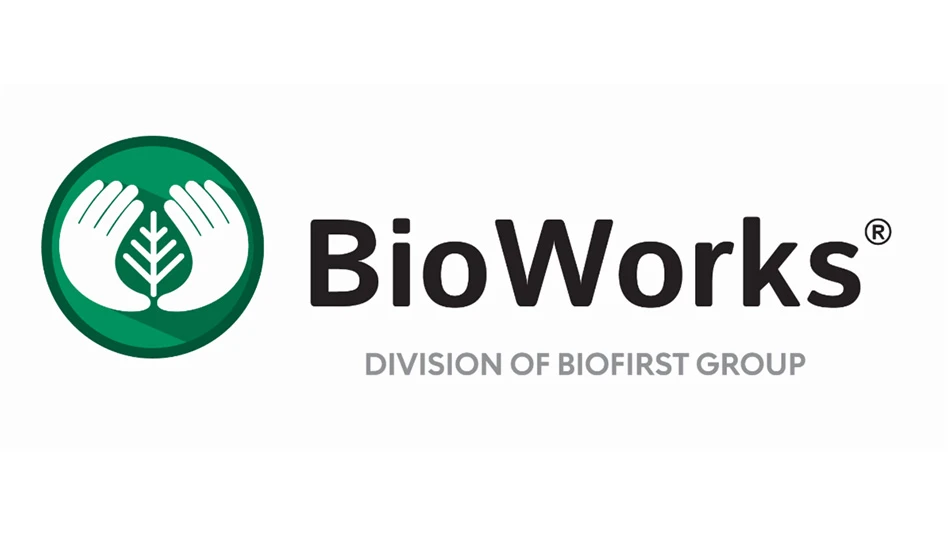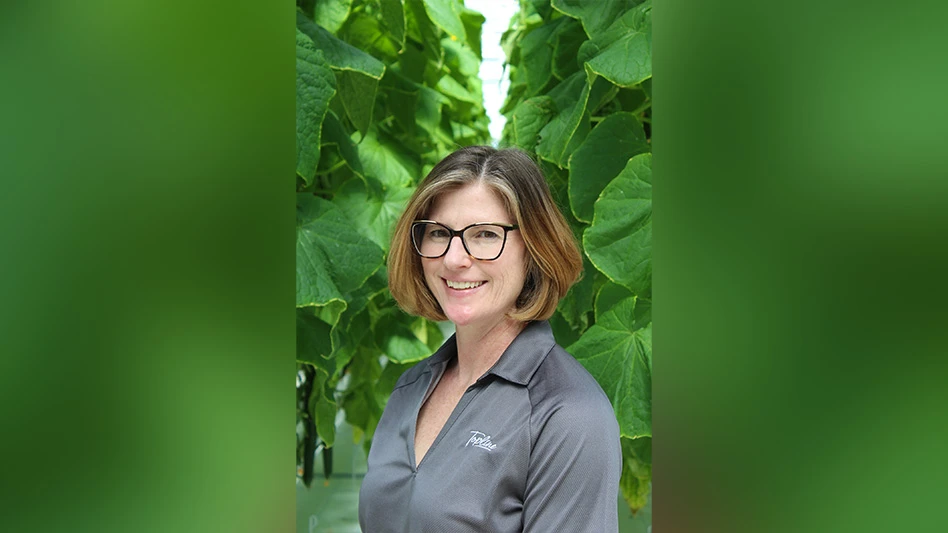
© beast01 | AdobeStock
The U.S. Food and Drug Administration (FDA) announced its intention to extend the compliance date for the Food Traceability Rule by 30 months. The deadline was initially set for Jan. 20, 2026.
The final rule is a key component of FDA’s New Era of Smarter Food Safety Blueprint and implements Section 204(d) of the Food Safety Modernization Act (FSMA).
The FDA said it intends to extend the compliance date using appropriate procedures at a later time, including publishing a proposed rule in the Federal Register.
The agency said it remains committed to successful implementation of the full requirements of the final rule, as they will allow for faster identification and removal of potentially contaminated food from the market, resulting in fewer foodborne illnesses and deaths.
The compliance date extension does not amend the requirements of the final rule, which will improve food safety and protect public health, said FDA. Instead, the extension affords covered entities the additional time necessary to ensure complete coordination across the supply chain in order to fully implement the final rule’s requirements — ultimately providing FDA and consumers with greater transparency and food safety, said the agency.
The final rule establishes additional traceability recordkeeping requirements (beyond what is already required in existing regulations) for persons who manufacture, process, pack or hold foods on the Food Traceability List. The final rule requires a higher degree of coordination between members of the food industry than has been required in the past. To achieve the full public health benefits of the final rule, all covered entities must be in compliance.
Even entities who were well positioned to meet the final rule’s requirements by January 2026 expressed concern about the timeline, said FDA, in part because of their reliance on receiving accurate data from their supply chain partners, who are not similarly situated. Therefore, FDA said it intends to allow industry additional time across all regulated sectors to fully implement the final rule’s requirements.
The FDA said it intends to use the extended time period to continue the agency’s work with stakeholders, including by participating in cross-sector dialogue to identify solutions to implementation challenges and by continuing to provide technical assistance, tools and other resources to assist industry with implementation.
The final rule applies to domestic and foreign entities producing food for U.S. consumption and was issued in 2022 in accordance with FSMA.
INDUSTRY REACTIONS. Brian Ronholm, director of food policy at Consumer Reports, said the FDA's decision to extend the compliance date puts consumers’ health at risk.
“This decision is extremely disappointing and puts consumers at risk of getting sick from unsafe food because a small segment of the industry pushed for delay, despite having 15 years to prepare,” said Ronholm. “Many retailers have already said that they expect their suppliers to follow the rule’s requirements in advance of the compliance date, but today’s announcement may interfere with this progress. Delaying this critical food safety rule undermines the administration’s goal of making America healthy again.”
Blake Harris, technical director of the Institute of Food Technologists' Global Food Traceability Center, expressed disappointment in the extension but acknowledged the complexities of implementing the final rule.
"While we are disappointed by the 30-month delay in compliance with the FDA’s Food Traceability Rule, we acknowledge the complexities of implementing a regulation with global impact," he said. "However, public health must remain a top priority. The persistence of foodborne illness and recalls underscores the need for food industry stakeholders to invest in traceability and advance their efforts quickly, regardless of regulatory timelines. Moreover, as many global regulations and initiatives continue to prioritize traceability as a foundational element, it is critical for the food industry to stay aligned with these global efforts to meet both regulatory and consumer demands. We encourage food industry stakeholders to use this time to collaborate across the food system and adopt best practices that strengthen traceability. By working together and prioritizing interoperability, we can simplify traceability and better protect public health."
Angela Fernandez, senior vice president of market development, GS1 US, said the extension gives industry more time to work toward needed changes.
"While the U.S. FDA has announced its intention to extend the Food Safety Modernization Act (FSMA) Rule 204 deadline into 2028, food safety remains paramount and continues to be a top priority for industry," she said. "GS1 US appreciates the acknowledgement from the FDA that more time is needed for many of those that manufacture, process, pack, or hold food products on the Food Traceability List to comply with the Final Rule. As a neutral, not-for-profit standards organization, GS1 US will continue our important work of collaborating with all of industry to achieve deeper levels of traceability and supply chain visibility with the goal of creating a safer food supply chain for consumers in advance of the Final Rule’s new deadline. This extension for industry compliance allows GS1 US and our members more time to work toward changes needed and working through pilot efforts to help them meet the requirements of the Rule by leveraging GS1 Standards for interoperability and efficient sharing of data up and down the supply chain."
Latest from Produce Grower
- The Growth Industry Episode 4: How federal budget cuts are affecting horticulture nonprofits
- U.S. indoor tomato growers support renegotiation of suspension agreement
- CEA Summit East 2025 returns to Virginia this September
- The Growth Industry Episode 3: Across the Pond with Neville Stein
- Southern Garden Tour sets 2025 dates for trial garden open houses
- IUNU secures $20 million to accelerate growth in AI-driven greenhouse technology
- Find out what's in FMI's Power of Produce 2025 report
- Fresh Express announces rebrand, launches 'Express Yourself' campaign





